Cards In This Set
| Front | Back |
 Identify the Organism |
Bacteria-Lack membrane bound organelles-No true chromosomes
|
 Identify the Organism |
Bacillus sp.-Rod-shaped bacilli
|
 Identify the Organism |
Physarum polycephalum-species of plasmodial slime mold (Myxogastrida)-Plasmodium: multinucleate structure not divided by cell membranes.-Sclerotium: Hard resistant covering formed during unfavorable conditions
|
 Identify the Organism |
Mixed Cyanobacteria (Blue-green Algae)-prokaryotes, NOT algae, photosynthetic capabilities
|
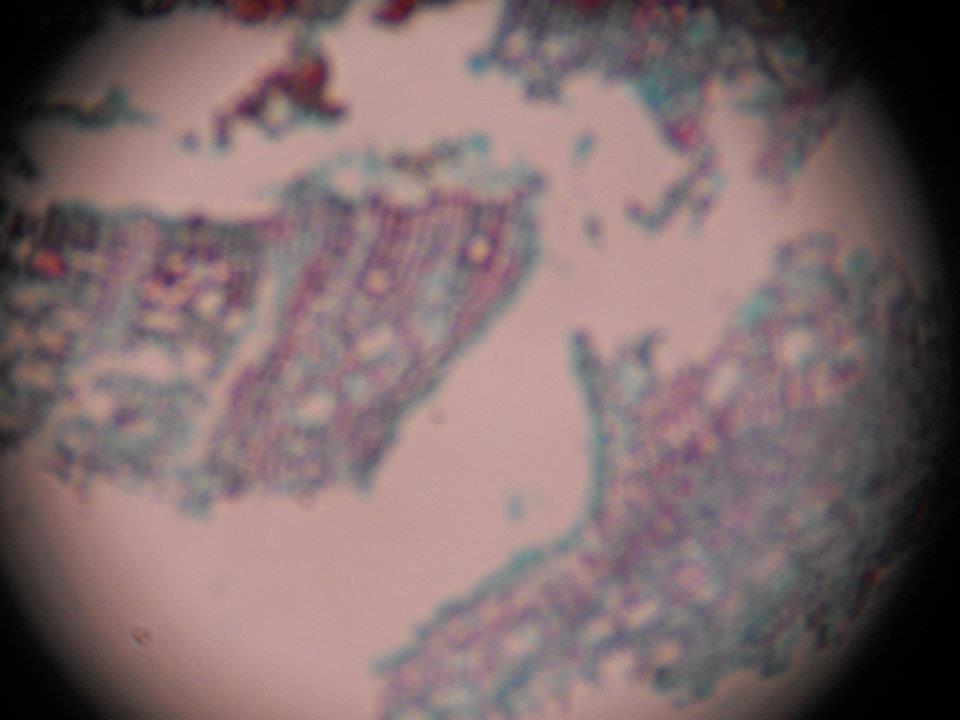 Identify the Organism |
Hemetrichia sp.-species of plasmodial slime mold (Myxogastrida)-Plasmodium: multinucleate structure not divided by cell membranes.-Sclerotium: Hard resistant covering formed during unfavorable conditions
|
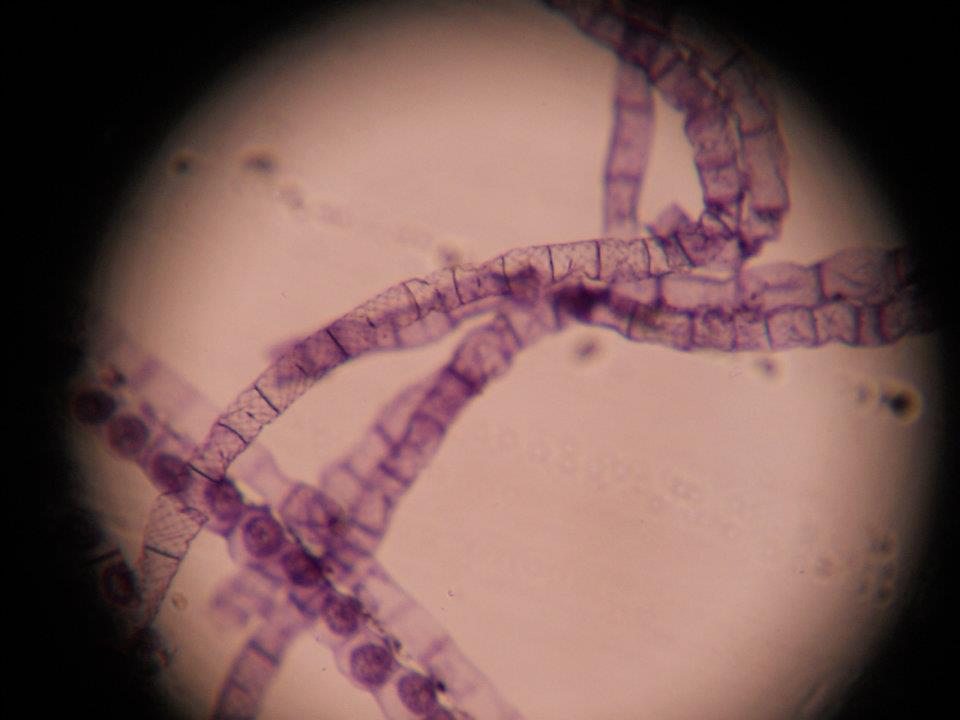 Identify the Organism |
Spirogyra-Member of Chlorophyta (green algae)-Have Spiral Chloroplast-Pyrenoids: structures along the chloroplast that store starch-Have a distinct cell wall
|
 Identify the Organism |
Oedogonium-genus of freshwater alga, found in pond cultures-Netlike chloroplasts that extend around inner wall of cells-Pyrenoids: structures along the chloroplast that store starch-Oogoia: Structure along filaments where female gametes are formed
|
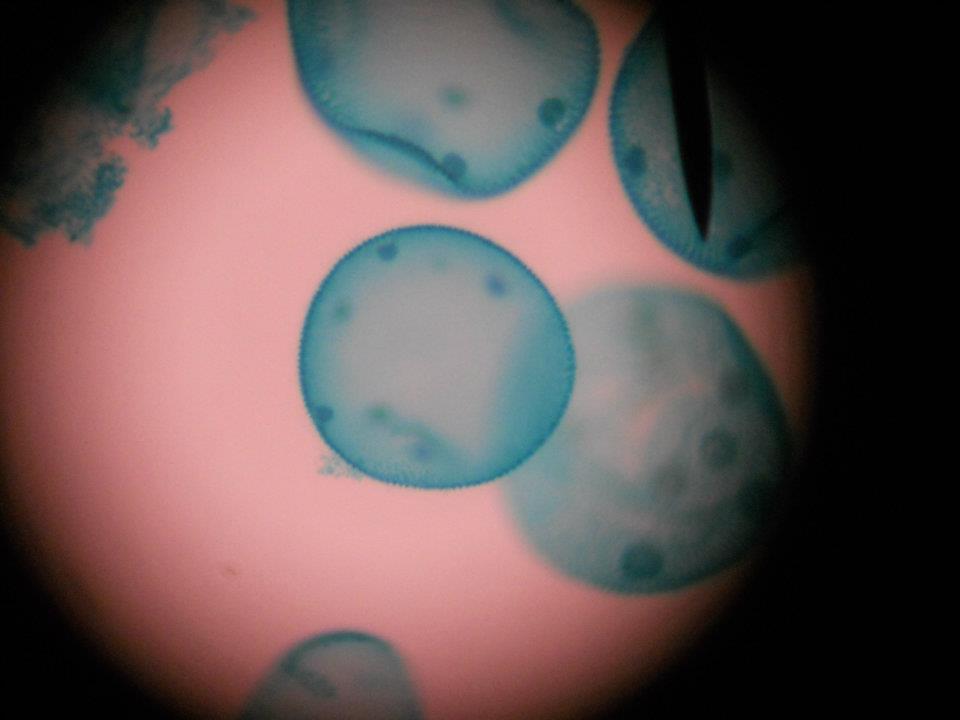 Identify the Organism |
Volvox-Swimming spherical colony of several thousand cells-loose coordination between cells, but each is photosynthetic and self-sustaining.-form daughter colonies from cells specialized for reproduction
|
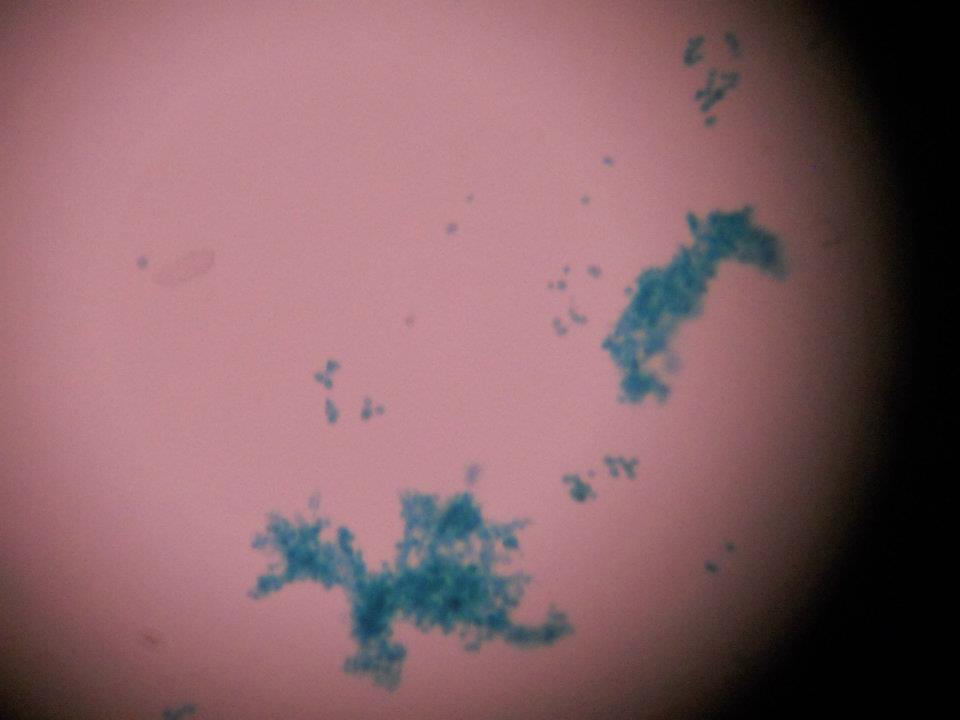 Identify the Organism |
Chlamydomonas-one of the simplest chlorophytes-unicellular and bi-flagellated.
|
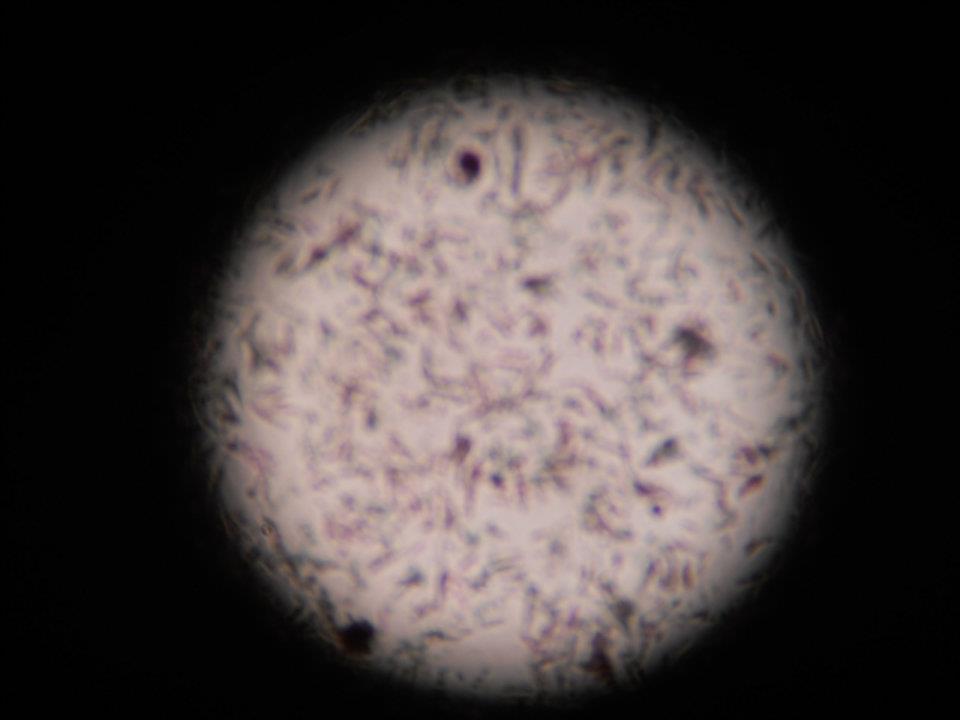 Identify the Organism |
Nemalion sp.-Member of Rhodophyta (red algae), mostly restricted to ocean-commonly referred to as seaweed-Blades: leaf-like structures-Stipes: stem-like structures-Holdfasts: root-like structures
|
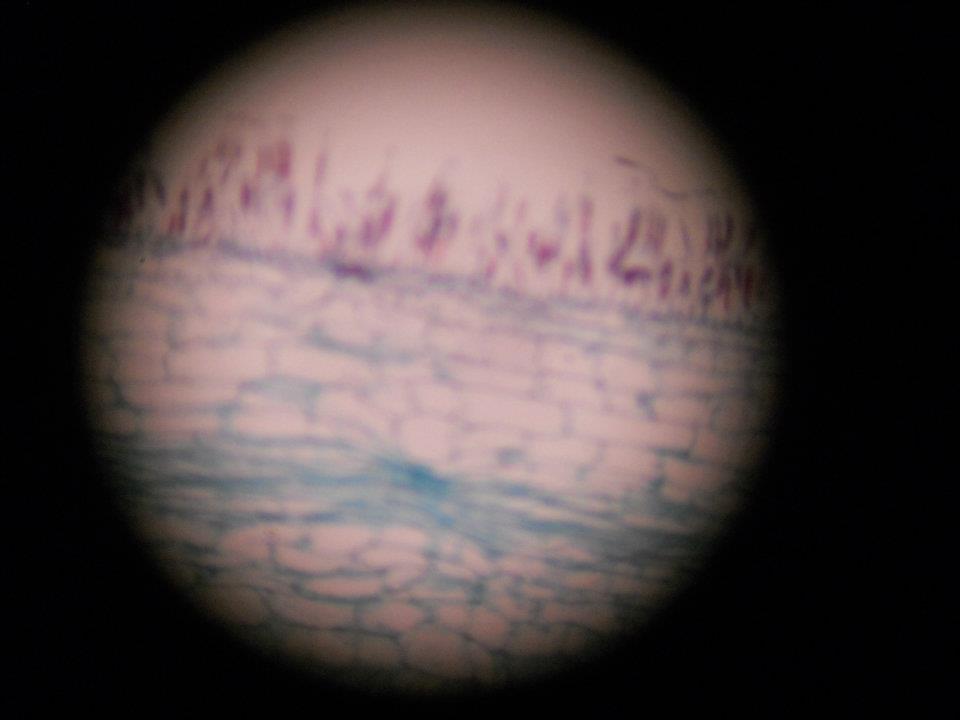 Identify the Organism |
Laminaria sp.-Member of Phaeophyta (brown algae), restricted to ocean-commonly referred to as seaweed.
|
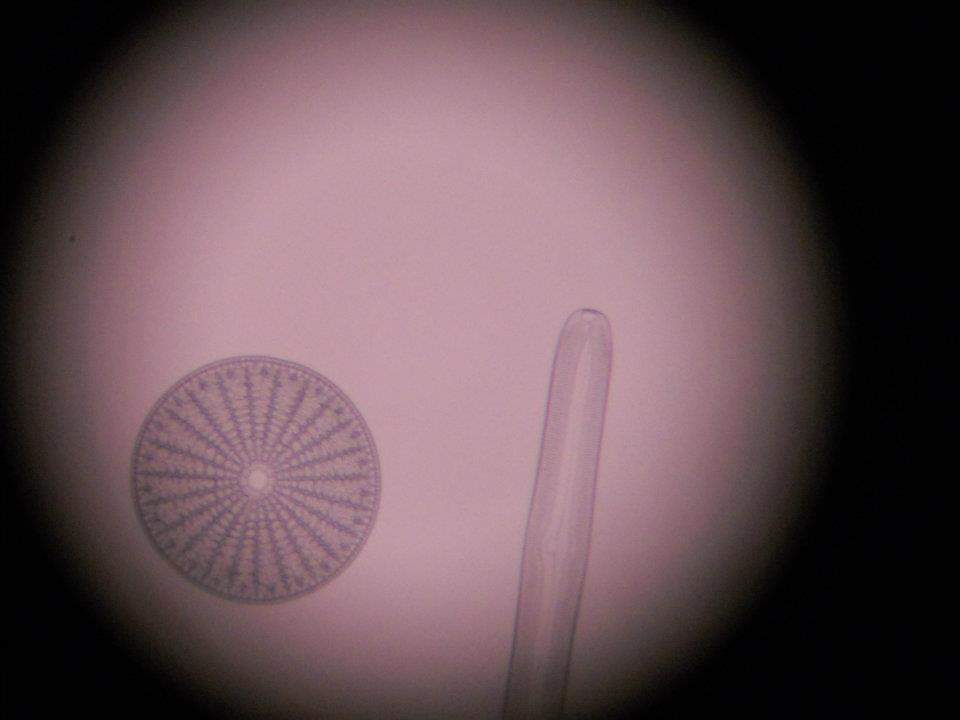 Identify the Organism |
Diatoms Pennate and Centrate-unicellular algae with a wall of silica-microscopic photosynthesizers, primary food source for most marine food chains-contain abundant carotenoids and fucoxanthin (pigments)-Found in ocean, freshwater, and soil-Frustule: silicon impregnated case-Raphe: a longitudinal line found on the frustule-Pennate: bilaterally symmetrical-Centrate: radially symmetrical-have many uses including grinding, polishing, filtering, and providing information for geologists
|



